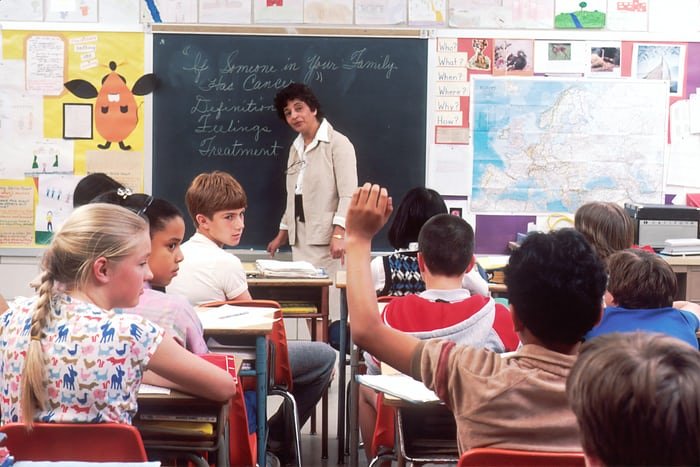Forms of Teaching: Instruction, Indoctrination and Initiation
Welcome to my Blog!
I hope you find this post informative, insightful and educative!
The question of whether one can learn without being taught may be asked in our today's life being that there are a lot of things that we have learned unconsciously and the absence of a teacher would not seem to make any difference. So, we see that what is really important in teaching is the selection and transmission of appropriate materials needed to make learning easier for the students and pupils.
When an author writes a book and his work promotes learning, can we say that he has taught? Now, in programmed instructions, where the learner must rely almost completely on his material, the teacher/ programmer puts in all that he would like the student to learn in an arranged form. It is then left for the learner to follow the instructions of the teacher as he would if he were standing before him in class. From this, we see that teaching could take many forms as long as there is an intention on the part of the teacher to promote learning.
However, this does not mean that teaching must result in learning because in most teaching cases, some students get to actually learn and others may not. But that does not mean that teaching has not taken place. Several factors beyond the control of the teacher may be responsible for a student's failure to learn. It is possible that he was hungry at the time of teaching and his mind was wandering or he was just not interested in the lesson. All the same, teaching is inevitably a vital element in the process of education.
Let's consider some forms of teaching below.
This is the first form of teaching I'll want to consider here. In an educational encounter, it is normal to assume a measure of equality between the teacher and the student when it comes to expressing one's view. A good teacher should encourage his students to challenge his view in order to generate good class discussion for the benefit of all. In instruction, the situation is different since the instructor is giving orders which only needs to be obeyed.
Instruction in this regard is passed from a superior fellow to a passive recipients. The master - servant relationship does not give much room for mutual participation or dialogue. Students or apprentices are supposed to accept whatever information they receive and may ask a few questions if permitted.
Instruction as a process of education limits the freedom of the learner considerably. Issues involved are usually religious, moral or political in nature. The authority of the instructor cannot be challenged. Instructions are received as presented. When a teacher regularly does this, we say that he does not practice democratic principles in education.
Indoctrination on the other hand is mostly a way of changing people's beliefs or behaviour in an authoritarian society. When a person is indoctrinated, he is made to accept certain types of doctrines or beliefs in a way that he is not free to refuse or reject.
The question may be asked whether indoctrination is an acceptable element of the process of education be able of its attributes. Questioning as well as openness are important criterias for validating educational options but indoctrination negates all of these and as such is not encouraged. It could therefore be considered as a drawback to the process of education.
When R. S Peters defined education as a process of socialization and transmission of what is worthwhile, he was saying that the process of education initiates the young into their society. A child is socialized when he is exposed to the norms, culture and practices of the society and his community.
It is at this point that initiation as an educational process is tested to the fullest. Parents and teachers would be well advised therefore to relate an atmosphere that would enable the child evolve a system of understanding that would reduce area of conflicts in their children's education. Initiation must therefore be viewed as a process whereby young people are inducted into their society through educational process.
A critical look at these components of the process of education would reveal that teachers are actually th movers of the process. In other words, a lot would be left undone in education if teachers are excluded. Teachers are not only the reservoir of knowledge and skills to be passed on to students, they alsondevis effective methods of doing so in ordw to bring about the need Ed chang in the lives of their students.

Great piece 👍
Really learnt a lot
Like to share what you learnt?